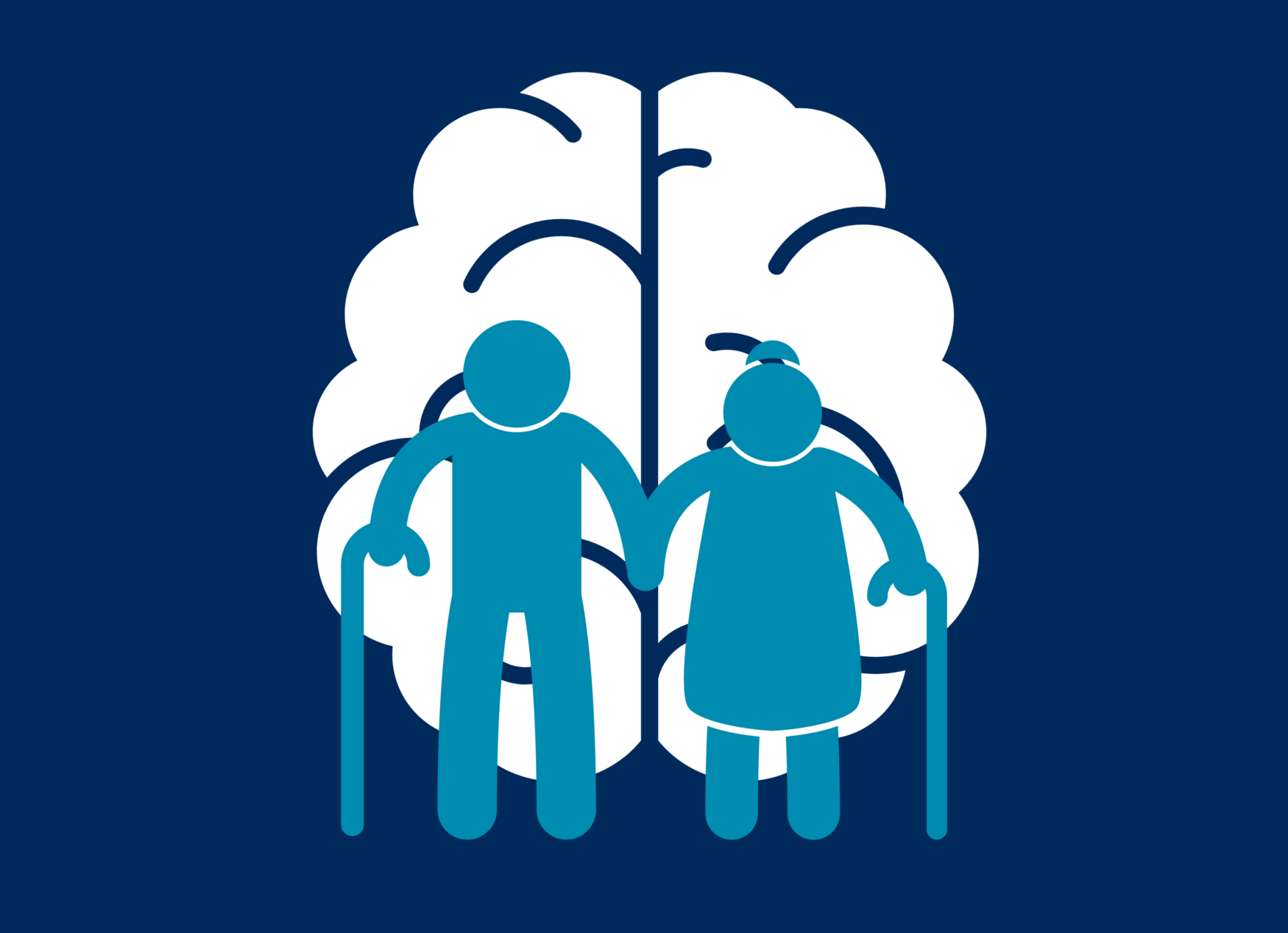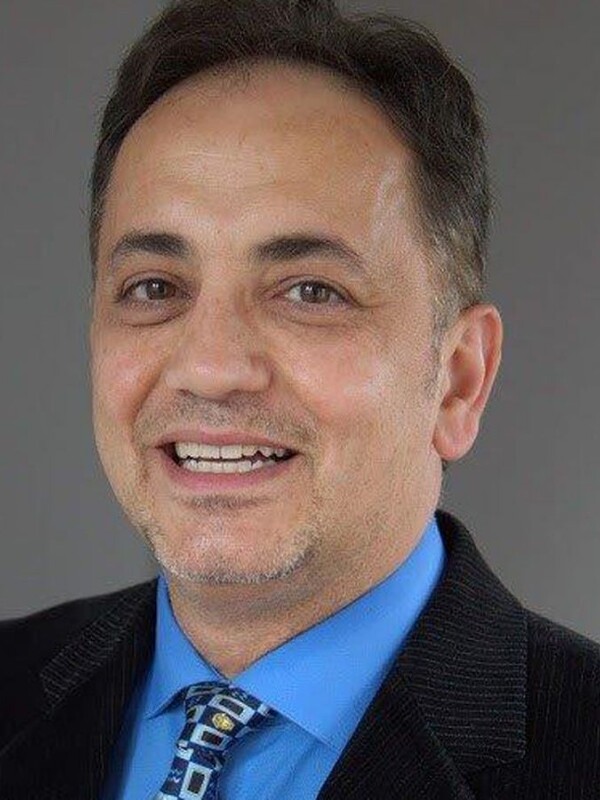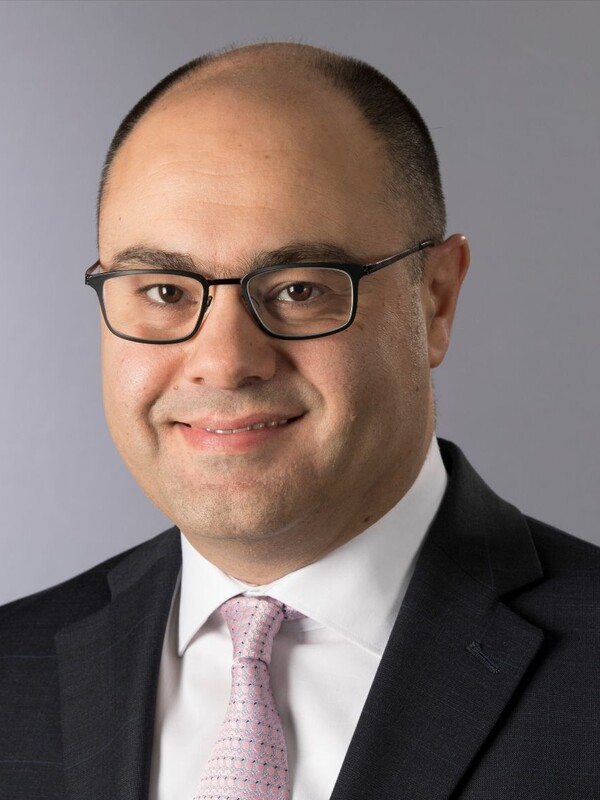Main Second Level Navigation
- News
- Events
- PsychNews
- Mindfest
- Donald Wasylenki Education Day
- The Future of Psychotherapy Conference
- Department of Psychiatry Research Day
- Annual University of Toronto Psychopharmacology Conference
- Professorial Lectures
- Psych Refresh
- TEAM Scholarship Day
- Impact: Psychiatry Articles that Change Treatment
Breadcrumbs
- Home
- News & Events
- News
- Progress in Understanding Dementia and Mental Health
Progress in Understanding Dementia and Mental Health

Dementia and cognitive disorders continue to be a major cause of declining quality of life among older people, and there are over half a million Canadians living with dementia. Faculty in our Department are taking the lead and exploring better ways to treat dementia and improve life for the people it affects.
Dementia is among the top 10 causes of death among all diseases, it is the only one without any treatments that can modify its course. Symptoms range from early changes in cognition and personality to significant behavioral and care challenges.
Age is a major risk factor for dementia, and as Canada’s population ages, the number of people with dementia will grow.
Our faculty members are facing these challenges head on and taking the lead in discovering new treatments.

Dr. Krista Lanctôt, the Department’s Vice Chair, Basic and Clinical Science, recently took on a new leadership role when she was appointed to the inaugural Bernick Chair in Geriatric Psychopharmacology at Sunnybrook Health Sciences Centre and University of Toronto’s Temerty Faculty of Medicine. Named after visionary Sunnybrook donors Henry and Esther Bernick, the Chair is dedicated to research for the prevention and optimized treatment of dementia.
“This chairship will allow me and my team to engage in research into drug discovery for the treatment and prevention of dementia,” says Dr. Lanctôt.
Dr. Lanctôt’s research focuses on identifying personalized treatments that consider the causes and nature of each patient’s specific case. Her team’s area of expertise is using biomarkers (biological molecules found in the body that indicate the presence of absence of a condition or disease) to better understand the different causes of dementia.
“Our aim is to rapidly discover, evaluate, and deliver novel personalized treatments that prevent cognitive decline and address neuropsychiatric symptoms in people with dementia,” says Dr. Lanctôt. “My vision is to transform the treatment of neuropsychiatric symptoms by identifying targets, novel interventions, and personalized medicine.”

Dr. Amer Burhan, Physician-in-Chief of Ontario Shores Centre for Mental Health Science, is leading research on dementia as the Endowed Chair for Applied Mental Health Research.
Dr. Burhan’s research focuses on managing behavioral aspects of Alzheimer’s disease.
“We’re investigating the role of current and new medications to treat these challenging symptoms, especially agitation,” says Dr. Burhan. “While we explore the clinical utility and safety of these medications, we are examining clinical characteristics and biomarkers that may predict how patients will respond, in order to increase our precision and our ability to personalize care.”
The chairmanship allows Dr. Burhan to devote time to building knowledge as he provides care to patients.
“With the protected time and support, I am able to focus my effort on studies whereby we provide the highest standard mental health care for patients with dementia,” says Dr. Burhan. “The experience we gain working with these patients allows us to create new knowledge and enhance care.”
Collaboration is key to tackling any diverse and widespread medical challenge, and dementia is no exception. The Toronto Dementia Research Alliance (TDRA) was created to address this challenge head on.
Established in 2012, the TDRA is a collaboration among the Temerty Faculty of Medicine and its various departments at the University of Toronto, Baycrest, the Centre for Addiction and Mental Health, Ontario Shores, Sunnybrook Health Sciences Centre, Unity Health Toronto, and University Health Network.

Dr. Tarek Rajji, Director of the Department’s Division of Geriatric Psychiatry, is the Executive Director of the TDRA. He believes that understanding the link between depression and dementia could open pathways to prevention.
2021 saw the launch of the Temerty-Tanz-TDRA Initiative, which focuses on depression and dementia. Depression is a risk factor for dementia and dementia can present with depressive symptoms.
“We funded three high-risk/high-reward projects that aim to understand the links between dementia and depression,” says Dr. Rajji. “We are funding a clinical research fellow in this area, and we are planning on a first annual workshop that focuses on this theme.”
The TDRA also added Ontario Shores as a new partner site in 2021 and Unity Health Toronto is joining in 2022.
“The TDRA has brought together basic and clinical researchers; data scientists, neurologists, neuroradiologists, and psychiatrists; people and caregivers with lived experience with dementia, learners, and community stakeholders. These collaborations generate novel ideas and new initiatives that would not have been possible without this convergence of experiences and disciplines,” says Dr. Rajji. “It’s really a privilege to have the opportunity to connect the exceptional minds and expertise we have in the Temerty Faculty of Medicine and affiliated organizations.”
Despite the complexity of the challenge, all three faculty members see a great deal of promise in the research currently taking place, in part thanks to collaborations like the TDRA.
Biomarker-informed treatments and more precise diagnosis of the multiple diseases that cause dementia will allow identification of better treatment targets, opening doors to treating or even preventing dementia.
“We have the opportunity to prevent or at least delay the onset of dementia in many people,” says Dr. Burhan. “To do this, we need all-hands-on-deck – the person, the family, health care providers, society, funders, and researchers. We all need to work together towards that goal.”
“At least 40% of dementia cases are potentially preventable as they are due to modifiable risk factors,” says Dr. Rajji.
“Age is a major risk factor for dementia. We are all at risk,” says Dr. Lanctôt. “But we have many promising avenues for research. Together, we can change the lives of those with dementia and the people who care for them.”
